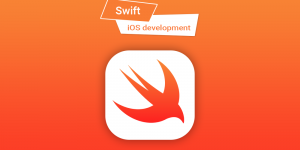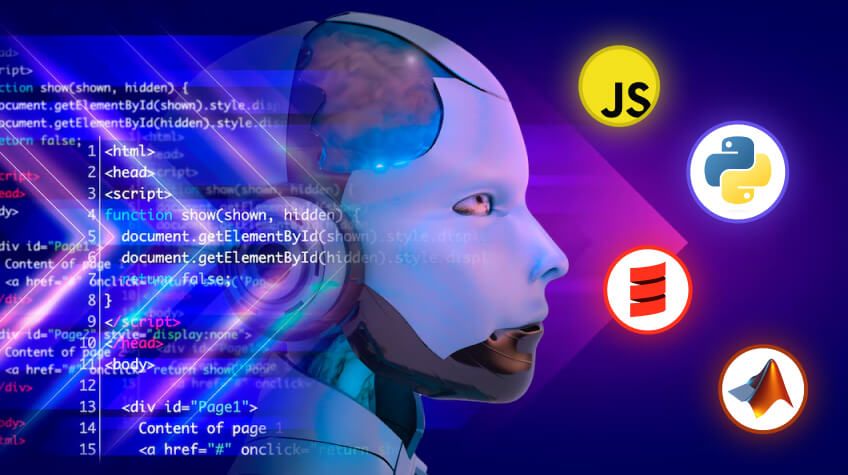
Technological developments and rising demand from a range of sectors will further change the artificial intelligence development scene. The programming language used for AI development impacts the efficiency, scalability, and success of the initiative.
From machine learning and deep learning to natural language processing and robotics, every language has special qualities and advantages that provide various facets of AI. This page gives developers the resources they need to innovate and produce intelligent solutions by examining the top twelve programming languages that are influencing the direction of artificial intelligence.
How to choose an AI programming language?
Selecting an AI programming language requires weighing a number of considerations to match project specifications and objectives. Think about the particular AI jobs—machine learning, natural language processing, robotics—as well as the frameworks and libraries that are accessible for every language.
Analyze the scalability, performance, and simplicity of language integration with current systems. Troubleshooting and ongoing learning need documentation and community help. Take into account also the knowledge and experience of the development team with the language. Optimizing the selection by balancing these factors allows for the effective creation and implementation of AI solutions.
Top 12 Programming Languages for AI Development
1. Java

Particularly strong for AI development, Java provides scalability, dependability, and a large library. For AI jobs, its object-oriented architecture makes it easier to build sophisticated algorithms and data structures. Because Java is so adaptable, AI programs may operate unaltered on a variety of systems.
Among the many frameworks for the language are Deeplearning4j for neural networks and Apache Mahout for machine learning. Java’s strong community support and extensive documentation further increase its attractiveness for developers looking to create effective, scalable, and cross-platform AI solutions.
2. Python
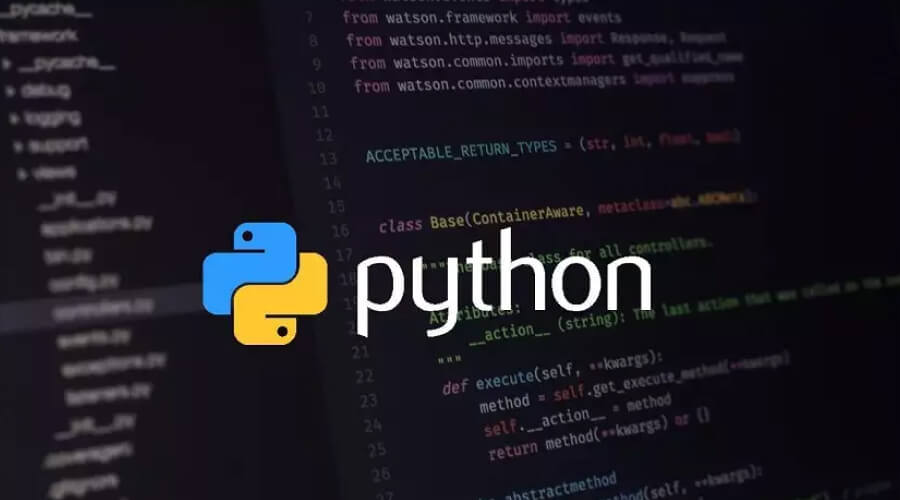
Python’s simplicity, readability, and large ecosystem make it a top option for AI development. Its easy syntax helps speed up development and reduce mistakes. TensorFlow, Keras, PyTorch, and other large libraries provided by Python make machine learning and deep learning model construction easier.
Furthermore, libraries like NLTK and SpaCy meet the demands of natural language processing. Thanks to its vibrant community that knows which programming language best suits for AI development and with plenty of resources, Python makes it easier to find help and share ideas. Python powers many intelligent applications and remains at the forefront of AI developments because of its adaptability and integration capabilities.
3. C++

Proven for its excellent performance and fine-grained control over system resources, C++ is a potent programming language for AI development. AI applications require a lot of computation, including real-time systems and resource-constrained settings, and this efficiency depends on this. With object-oriented programming supported by C++, complex algorithms and data structures may be created.
Rich machine learning and computer vision libraries include Dlib and Shark. C++’s interoperability with hardware accelerators like GPUs further improves performance. Developers trying to optimize AI systems for best performance and resource use will find it an excellent option because of its speed and efficiency.
4. R

R is a well-respected programming language for AI development, particularly for statistical research and data visualization. Its large collection of programs, which includes ggplot2 for data visualization and caret for machine learning, offers strong instruments for creating and analyzing AI models.
Strong statistical capabilities of R make it perfect for data-heavy AI applications, guaranteeing exact and correct analysis. Prototyping quickly and iteratively is made possible by the interactive environment of the language. Because R encourages ongoing learning and innovation and has a large community and thorough documentation, data scientists and academics working on AI projects use it.
5. Julia

Julia is a young programming language with a combination of low-level performance and high-level productivity that shines in AI development. Julia’s just-in-time (JIT) compilation is renowned for its speed; it can execute jobs as quickly as C++.
Like Python, its approachable syntax quickens the learning curve and development process. Julia’s large libraries support a wide range of AI applications, including Metalhead. jl for computer vision and Flux. jl for machine learning. Julia is also a potent tool for AI developers because of its smooth interface with other languages like Python, C, and R.
6. Lisp

Leading programming language in artificial intelligence research, Lisp is renowned for its versatility and symbolic processing power. Its potent macro architecture makes it easy to build bespoke syntactic structures, which helps to build AI algorithms and languages tailored to certain domains. Runtime errors are reduced, and development efficiency is increased by Lisp’s dynamic typing and automated garbage collection.
The language’s long-standing use in AI research has created significant AI systems and algorithms. Libraries like Common Lisp Artificial Intelligence provide strong instruments for AI development. Innovative AI research and difficult problem-solving find Lisp useful because of its expressiveness and flexibility.
7. Prolog
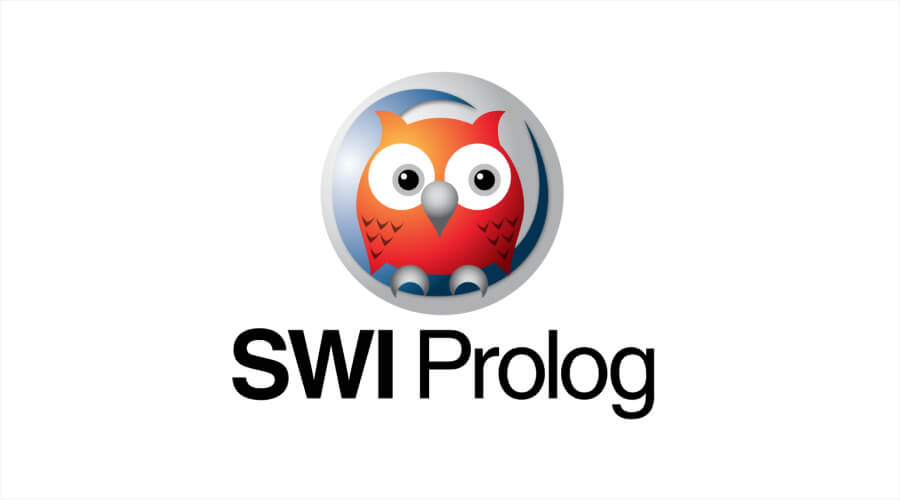
Prolog is a powerful programming language designed for logic and symbolic reasoning in artificial intelligence research. It is perfect for AI applications such as expert systems, natural language processing, and theorem proving because it is a declarative language that lets developers express what needs to be done rather than how to do it.
Both knowledge representation and effective problem-solving are made possible by its integrated backtracking and pattern-matching capabilities. Because of its logical underpinnings and concise syntax, Prolog is the language of choice for academics and developers who want to build intelligent, rule-based systems.
8. JavaScript
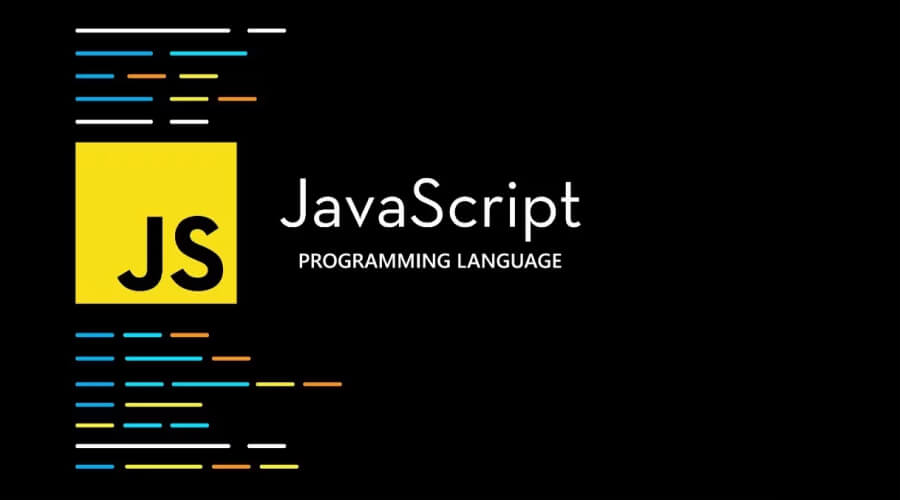
Though it is mostly associated with online development, JavaScript has become more and more popular in AI development. Now that strong libraries and frameworks like TensorFlow.js and Brain.js are available, JavaScript makes it possible to build and deploy AI models straight in the browser.
Developing interactive AI apps is made perfect by this capacity, which enables real-time user involvement and instant response. In particular for web-based AI systems, JavaScript’s event-driven design and asynchronous nature improve performance. JavaScript’s large ecosystem, vibrant community, and smooth web technology integration make it an invaluable tool for AI developers trying to build dynamic, approachable AI applications.
9. Haskell
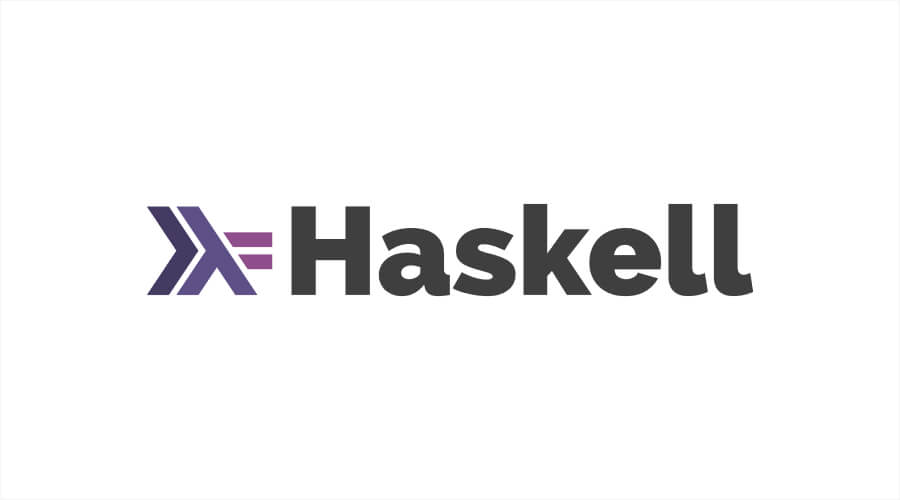
In terms of AI development, Haskell offers strong type systems and mathematical accuracy. Because of its pure functional character, which guarantees immutability and side-effect-free functions, AI models become more predictable and trustworthy.
Advanced capabilities of Haskell, like high-order functions and slow evaluation, enable effective handling of huge data sets and intricate calculations. Machine learning technologies are provided via libraries such as HLearn, while Haskell’s expressiveness and concision reduce code complexity. Particularly in research and academia, the language’s focus on accuracy and formal verification makes it especially appropriate for creating reliable and maintainable AI systems.
10. Scala
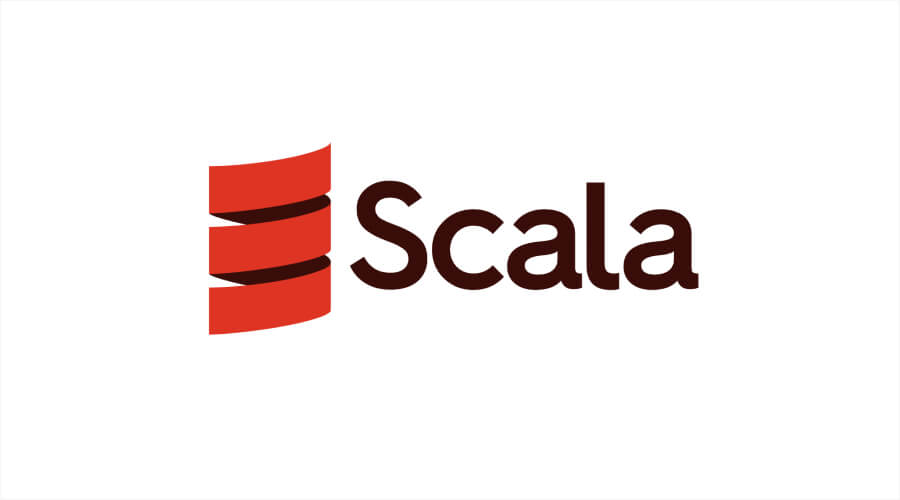
Object-oriented and functional programming paradigms are combined in Scala, a flexible programming language that is perfect for AI development. Because it is Java compatible, Deeplearning4j and Apache Spark MLlib, two popular Java-based AI tools and libraries, may be easily included. For large-scale AI systems, Scala’s potent concurrency model—made possible by the Akka toolkit—enables effective parallel processing.
Concise syntax and expressive type system of the language reduce boilerplate code and increase developer efficiency. Strong focus on Scala on functional constructs and immutability encourages reliable, maintainable AI systems. This feature combination makes Scala a strong option for developers trying to create effective and scalable AI systems.
11. MATLAB
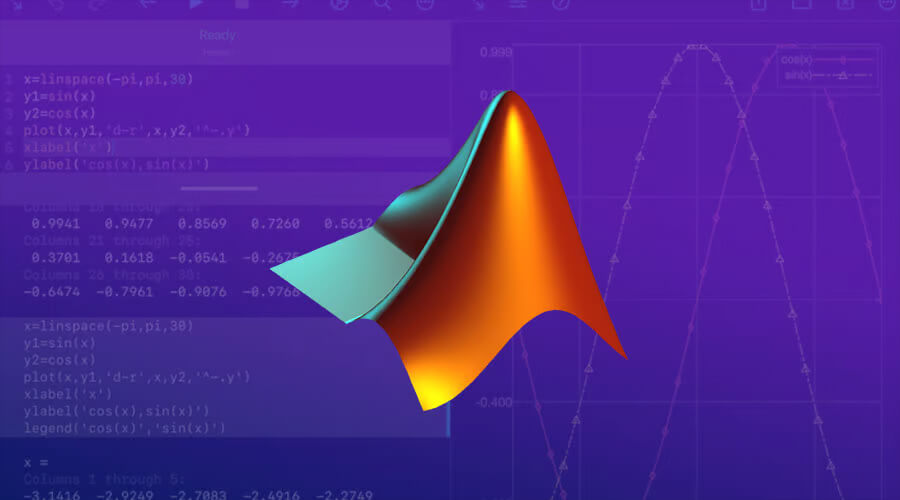
MATLAB is a well-known numerical computing language and environment for artificial intelligence research. Rich range of integrated features and toolboxes, including Image Processing Toolbox and Neural Network Toolbox, enable quick AI method prototype and implementation. The interactive interface of MATLAB facilitates the simple visualization and debugging of AI models, hence improving development productivity.
The smooth deployment of AI models to embedded devices and real-time applications is made possible by the language’s interaction with Simulink. For academics and engineers working on AI projects, MATLAB’s vast documentation and community support provide tools for ongoing learning and innovation.
12. Rust

Rust’s focus on concurrency, efficiency, and safety is making it more well-known in AI development. Rust is appropriate for creating reliable and effective AI systems because of its strong type system and ownership model, which guarantee memory safety without compromising speed.
Rust’s pattern matching and zero-cost abstractions let complicated AI algorithms be developed with code clarity and dependability guaranteed. AI development requires libraries like rustlearn for machine learning and tch-rs for PyTorch integration. Developers looking for high-performance, safe AI solutions are finding Rust to be an attractive language because of its expanding ecosystem, community support, and focus on dependability.
Also Read: Top AI Chip Maker Companies
Conclusion
There will be many different and dynamic programming languages, each with special advantages, driving the field of AI research. From the efficiency and safety of Rust to the flexibility and simplicity of use of Python, and from the symbolic processing of Lisp to the logic-based reasoning of Prolog, developers have a wide range of tools at their disposal.
Whether it’s for cutting edge research in Julia, scalable systems in Scala, or quick prototyping in MATLAB, the best language depends on the particular project requirements. These languages will become essential in generating creative solutions that push the limits of artificial intelligence as it develops further.





